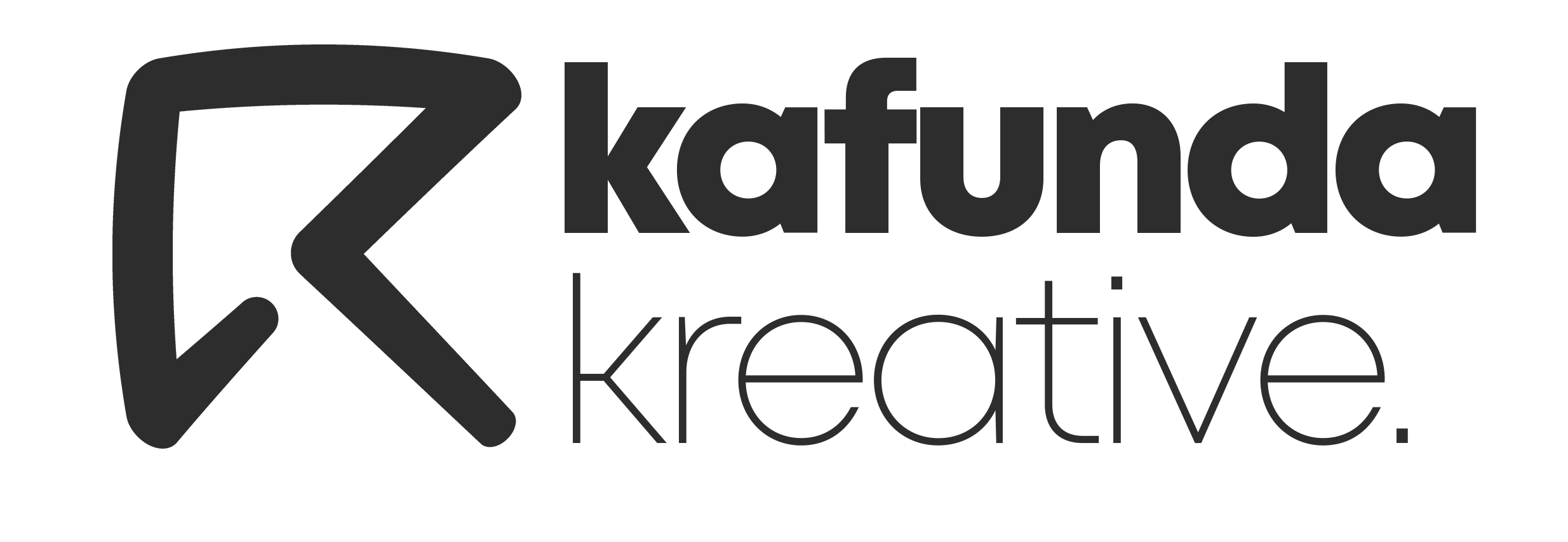Takeaways from Crystal Rutangye’s #KreativeKlinik on Self-Publishing In Uganda
- Kafunda Kreative
- Oct 27, 2020
- 2 min read

Preparing to publish your own work of art is no easy task. After spending countless hours writing and editing, the publishing process may feel like another uphill battle. In this klinik, Crystal Rutangye, a publishing consultant majorly helping self-publishing authors to produce and sell standard publications, shares an in-depth definition of self-publishing and explores the topic of self-publishing in Uganda.
Self-publishing is the publication of media by its author without the involvement of an established publisher. The term usually refers to written media, such as books and magazines, either as an e-book or as a physical copy using POD technology.
Traditional publishers take all the risks.
They pay for everything from editing, proofreading, typesetting, printing, binding, cover art and design, promotion, advertising, warehousing, shipping, billing, and paying author royalties.
If a “publisher” requires any money from you, even a minimum number of copies purchased, they are not a traditional publisher.
Self-publishing
Regardless what services or suppliers you use to have your book printed, this option is rightly referred to as self-publishing.
Why? Because everything is on you. You are the publisher, the financier, the decision-maker.
Everything listed above under Traditional publishing falls to you. You decide who does it, you approve or reject it, and you pay for it.
A Brief Summary of the book publishing process
Writing: Why are you writing?
What are you writing?
Writing classes
Editing: developmental/structural/
Copy editing
Proof reading
Re-writing
Book Design:
Book cover design
Typesetting
Printing/electronic alternative
Book size
Paper type etc
Specifications for digital formats
Book Pricing
Publishers will price according to what they think the market will take. There are two different primary factors involved here. The first is recovery of costs, while the second is supply and demand. The publisher is going to have a certain amount of fixed costs tied to any book, regardless of subject.
Factors that determine how long the whole self-publishing process takes
Self-publishing is much faster than going through a regular publisher, but the publishing timeline can vary based on factors such as whether or not. For example, your manuscript is already in perfect shape or needs proofreading and editing services.
Process
-Write the manuscript.
-Have the manuscript edited.
-Book Design
-In Uganda, we have a 4th level called re-writing. No matter what you write, the magic is always in the second draft. Or the third, or fourth. To a lot of people, that sounds boring. The entire self-publishing industry has been built on people unleashing their first drafts onto the world.
We are entering something that is not yet a well-established industry but it’s something that we are building for the country.
Crystal is the founder of Scribe House, a Ugandan-based publishing agency. She has seven years’ experience in editing and proof-reading fiction and non-fiction books, magazines, academic papers, proposals and reports.









Comments